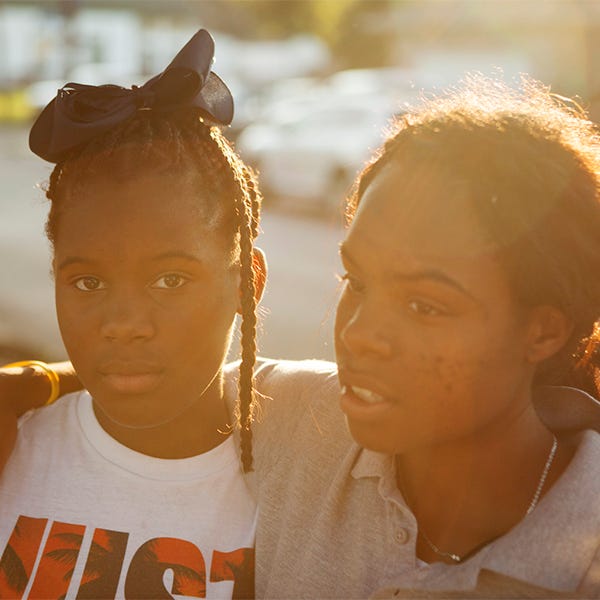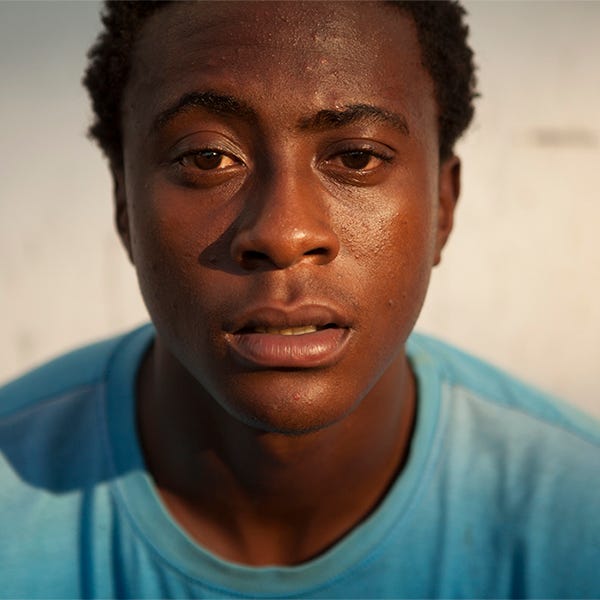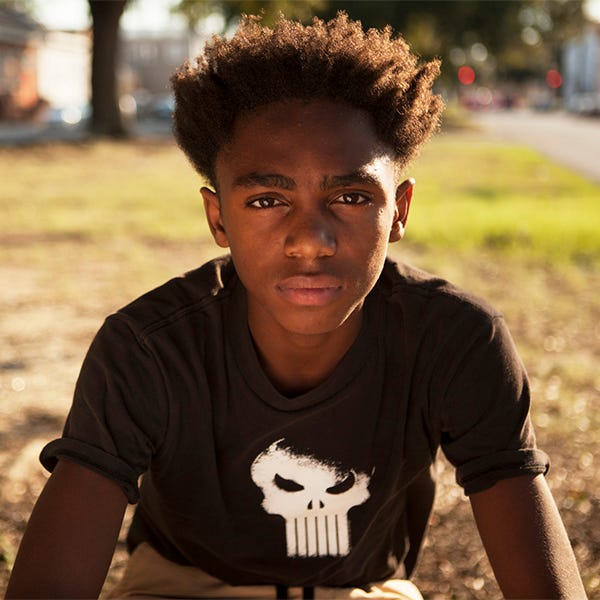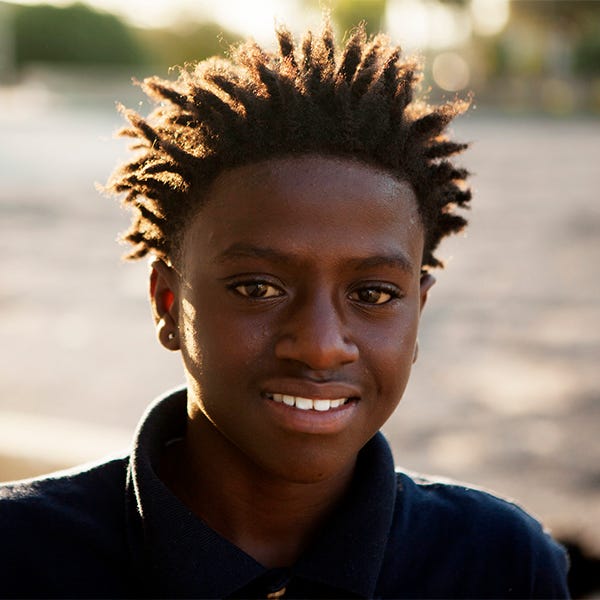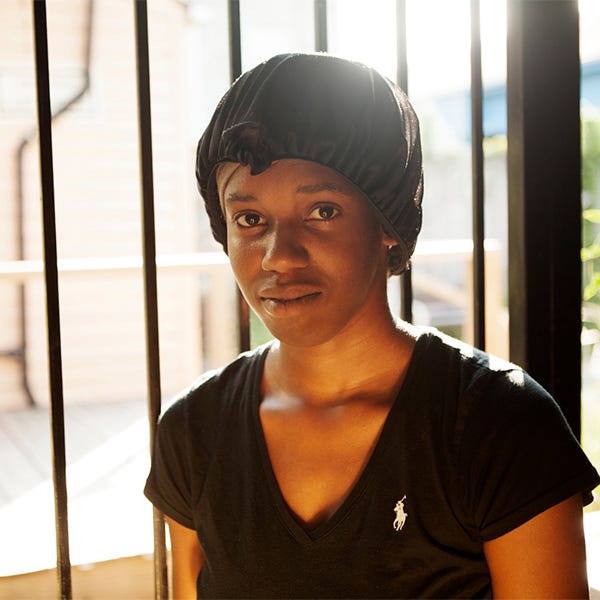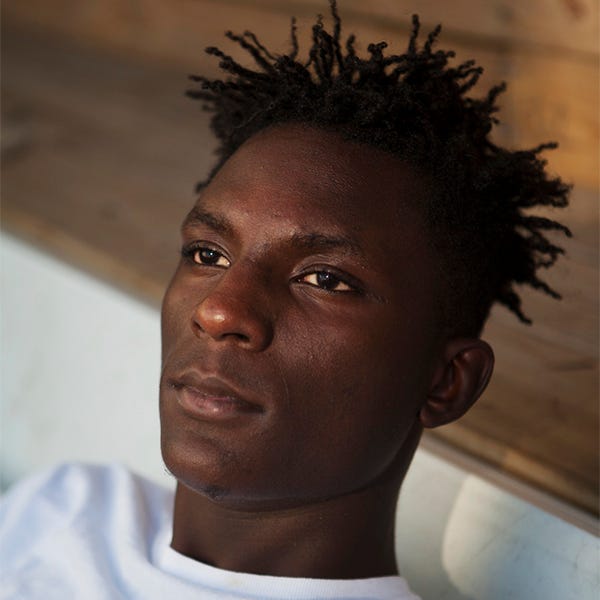Ten years agothis month, Hurricane Katrina ripped through New Orleans, leaving the city physically, emotionally, and financially distraught. As New Orleans rebuilt itself, perhaps no place transformed more than the classroom.
In the last few weeks, several publications I respect — includingEducation Week,PBS NewsHour, and theWashington Post— have published fantastic stories about the changing education landscape in the city. New Orleans is unique in how it wholly embraced the “school choice” movement; over 90% of the city’s students attend charter schools. Schools boast tremendous improvement in terms of graduation rates and test scores. But critics are quick to point out that these changes aren’t statistically significant — and that they are not evenly distributed throughout the city.
So have New Orleans’ education experiments worked?
We asked ourselves: Instead of turning to “experts,” why not ask New Orleans students to reflect on this question? How did Hurricane Katrina affect their lives? What do they remember of the storm? Do they think they’re getting a good education today? What do they see for their futures?
PhotographerAndy McMillanrecently visitedApex Youth Center, which is located in New Orleans’ Central City. Apex works to provide a safe space for young people in the neighborhood, which includes offering mentorship, job training, music programs, and more. No guns are permitted in the center; even policemen need to put away their firearms before entering.
Andy spoke with and photographed several young people at Apex, ranging from 11 to 20 years old. We’ve transcribed pieces of their conversations, keeping them in their voices as much as possible.
The conversations are eye-opening. Intellectually, I knew that people across New Orleans experienced different versions of the storm. These kids brought that to life. For many of them, Hurricane Katrina was a defining moment of their early childhoods — and to this day remains a pure, unfiltered memory. Education isn’t an abstract necessity to them; it is an everyday reality.
As a quick postscript: While I was editing the transcripts, I noticed a few inconsistencies. Jané was only a year old when Katrina hit; how can she speak with such conviction about the color of the water? Similarly, Brevin’s uncle passed away during the storm, when he was six or seven years old. Why does he say that he was in 4th grade when his uncle gave him a bicycle?
Memory is a funny thing.It’s shaped partly by the stories we hear from others, by the version of the truth we prefer, by the events that make us look especially good. It’s entirely possible that the events described aren’t verifiable. But they are true to the young people sharing them — and in a sense, is what matters.
Click on the images below to read each story.
Produced byNoah Rabinowitz

Brightis made possible by funding from the New Venture Fund, and is supported by The Bill & Melinda Gates Foundation.Brightretains editorial independence.
